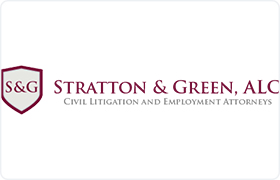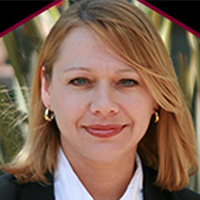Lytle Creek Reorganization Lawyer, California
Sponsored Law Firm
-
 x
x

Click For More Info:
-
Stratton & Green, ALC
3703 Camino Del Rio S Suite 100B San Diego, CA 92108» view mapBankruptcy & Debt Law Exceptional Advocates.
Stratton & Green is proud to serve as a modern advocate, in that it takes an innovative approach by not only litigating cases through trial but whenever possible.
800-803-3091
Gregory Neil Morse
Real Estate, Wills & Probate, Reorganization, Bankruptcy
Status: In Good Standing Licensed: 32 Years
Daniel J. McCarthy
Corporate, Reorganization, Credit & Debt, Bankruptcy
Status: In Good Standing Licensed: 43 Years
 Sabrina Green San Diego, CA
Sabrina Green San Diego, CA Practice AreasExpertise
Practice AreasExpertise
